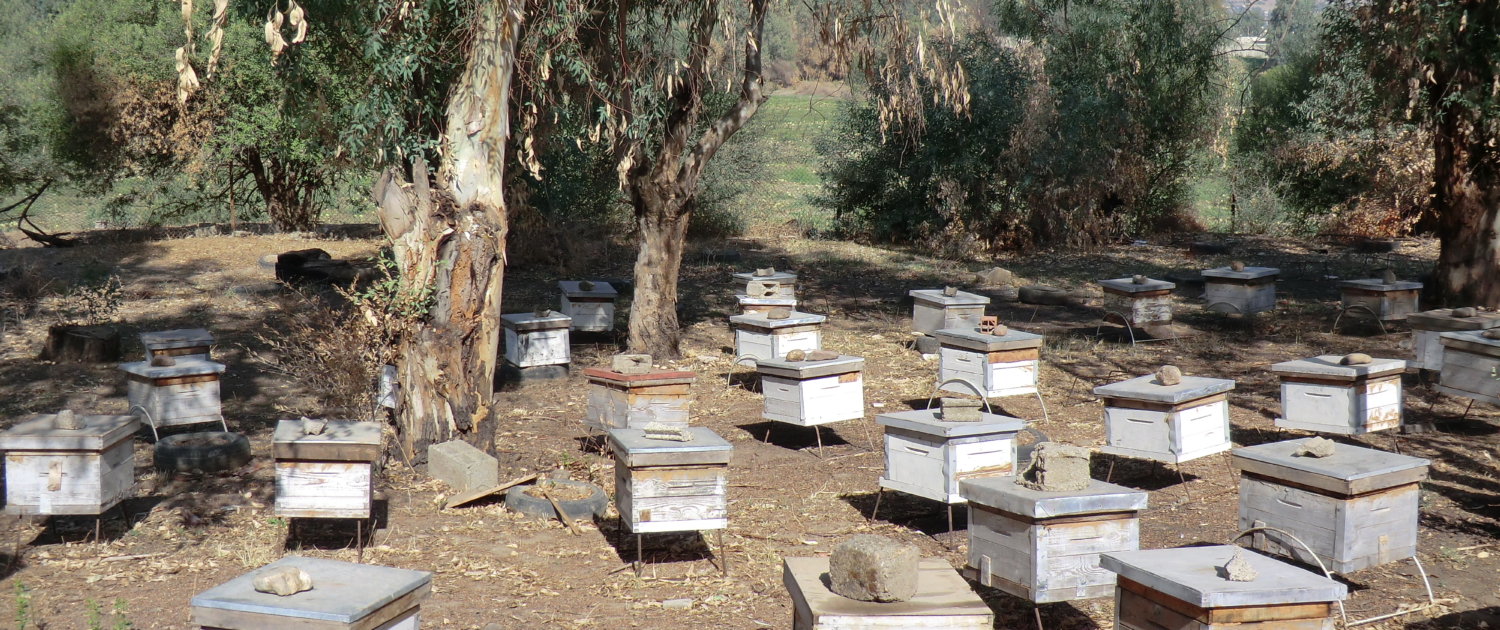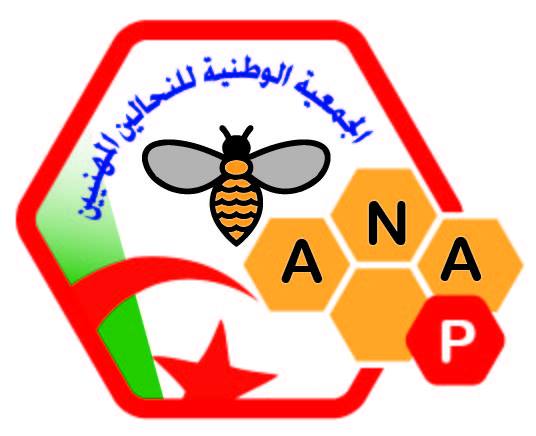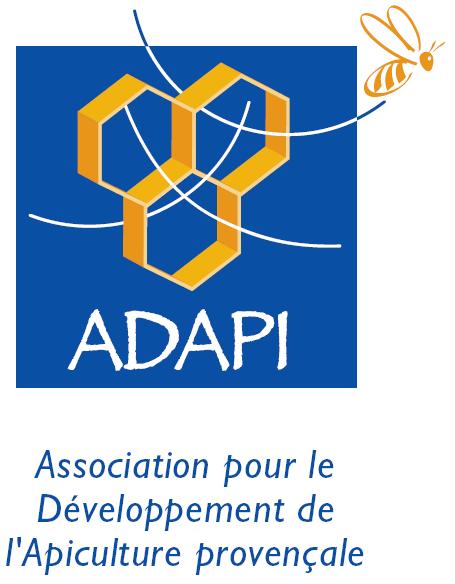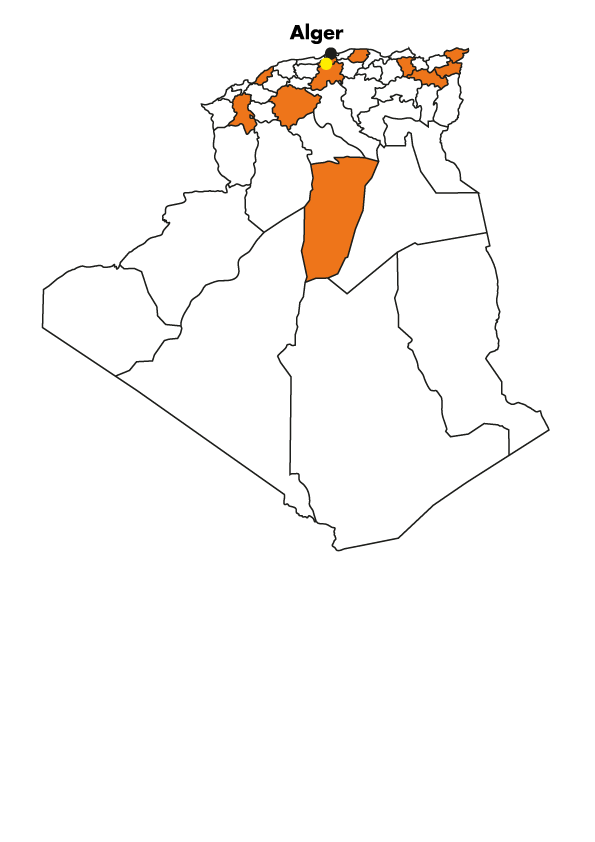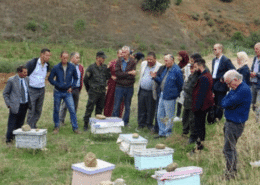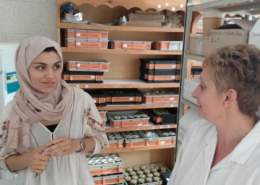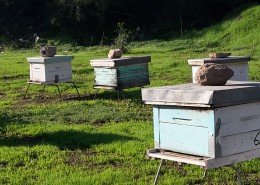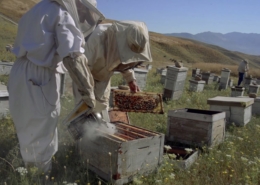Organizing itself for professional and profitable beekeeping
Context
Beekeeping in Algeria, a dynamic to be structured
Algerian agriculture benefits from favorable conditions for cereal, livestock, market garden and tree productions, yet, as a result of cereal monocultures, it is heavily affected by climatic hazards and soil depletion. Despite a struggling economy and high unemployment, agricultural sector appears to provide employment in high value added markets such as market gardening, arboriculture and beekeeping.
In this context, beekeeping in Algeria is endowed with an exceptional dynamism. Beekeepers are strongly marked by an entrepreneurial and pragmatic spirit; that spirit has led to the creation of several kinds of beekeepers’ organizations. This level of structuring is an exception compared to the rest of the agricultural sector, even if it has benefited from limited technical and regulatory support. However, the professionalization of beekeeping cannot continue without strengthening these organizations. Networking and good coordination are also important conditions for the internal cohesion of the profession and its communication with the authorities.
Objectives
Supporting Anap in its sustainability and the development of its services to beekeepers
| Improving in a sustainable way hive products and access to quality inputs | Enhancing the value of hive products on remunerative markets | Developing and making sustainable a range of services adapted to the needs of beekeepers and their territories |
Actions
From genetic selection to marketing: mastering all the links in the beekeeping chain
Anap has defined for the next 5 years ambitions that will structure its work for the benefit of its members and Algerian beekeeping:
• Improvement of bee genetics: to safeguard and promote the local bee breeds Tellian and Saharan (fertilization stations, selection scheme, artificial insemination, production of queens…).
• Improvement of livestock health: better management of livestock health (varroa mite health monitoring network, quality of inputs, etc.)
• Improvement of beekeepers’ technical skills from production to marketing (guide to good beekeeping practices, training, etc.).
• Promotion of quality and better marketing conditions for hive products (quality, recognition, label, market integration…)
• Representation of professional beekeepers to their public and private interlocutors.
In order to enable Anap to transform its ambitions into efficient and viable services, the association is going to be supported on the development and good management of its activities, on the evolution of its associative life and the reinforcement of the skills of its technical and administrative team.

